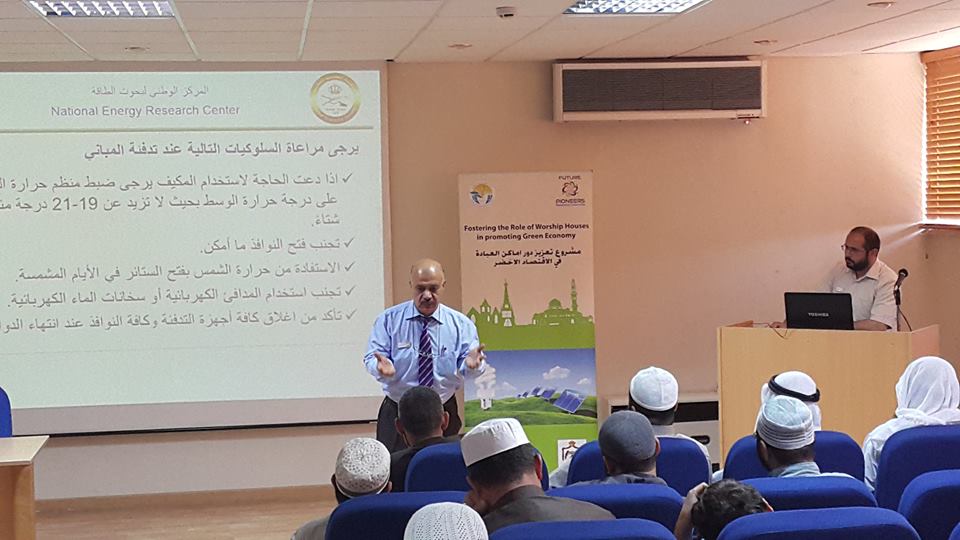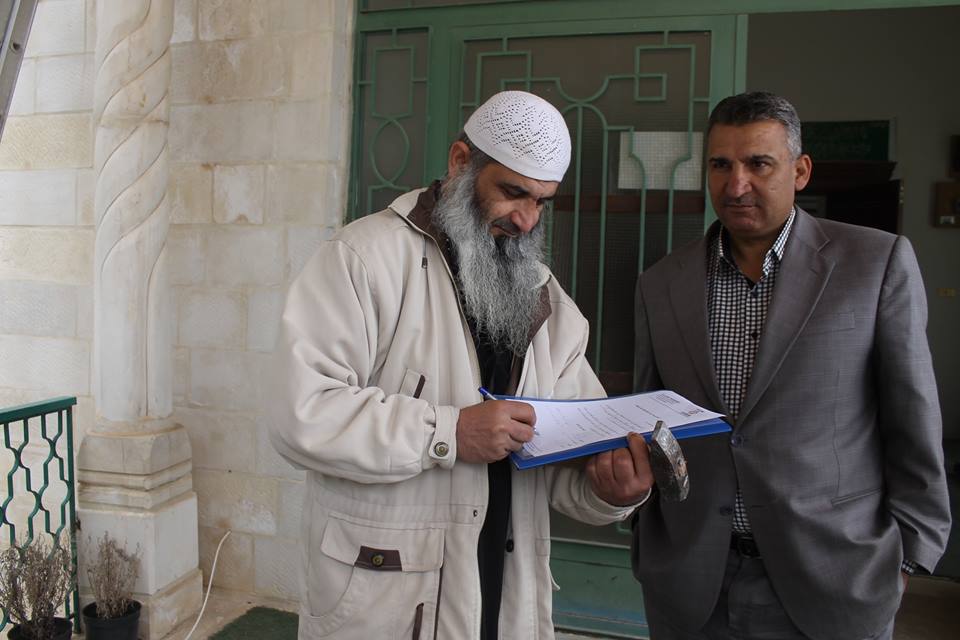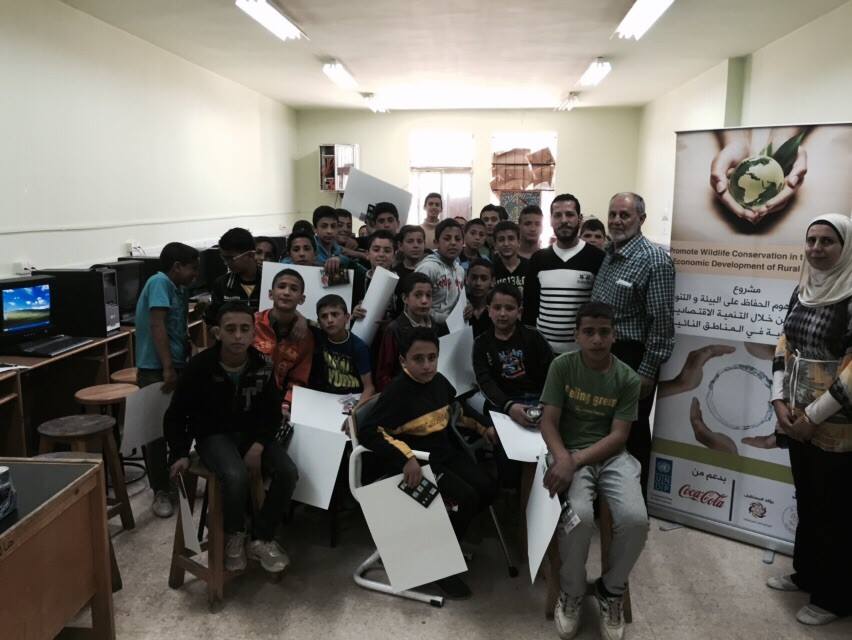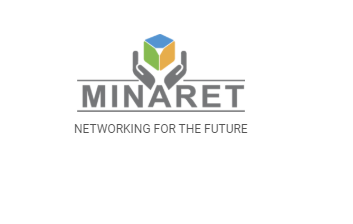environment and climate change
Context
The effects of climate change hit Jordan hard due to its geographical location in a mostly deserted land area, and due to heavy population pressure put on its scarce natural resources.
Jordan is the world’s 4th poorest country in terms of water resources with an average availability of 120 cubic meters of water per capita per year. Energy is equally problematic; Jordan’s net energy imports stand at 96% of the total energy needs, placing a considerable burden on the economy.
Climate change poses serious threats to Jordan’s natural ecosystems: its river basins and watersheds, and biodiversity. These further cascade impacts on food productivity, access to water, human health, public infrastructure, and human settlements – eventually increasing poverty and ultimately making climate change an issue of intergenerational equity.
OUR APPROACH
Future Pioneers supports the resource-poor local communities both in rural and urban areas of Jordan in the face of new challenges posed by climate change and population pressure exacerbated by the recent refugee influx.
Our projects promote the sufficiency of local resources and sustainability of livelihoods through environmental conservation, promotion of green economic activities, community engagement for improved water management, and provision of energy-saving equipment including solar panels.
We have introduced revolving funds mechanism to install rainwater-harvesting equipment to local communities, recycled grey water in public buildings and households, and conducted wide awareness campaigns in schools and among local people to promote environmentally friendly practices.
Projects

Making Sahab City Green
The project is located in Sahab City southeast of the capital Amman – one of the poorest communities in Jordan with percentage of poverty reaching up to 54%. It has a total population of 150,000 Jordanians in addition to another...
Location: Sahab Municipality
Duration: January 2015 – June 2017
Donor: The European Commission
more details
Fostering the Role of Worship Houses in Promoting Green Economy
Religious institutions can play a pivotal role in changing people's behaviors and setting an example in the adoption of new positive practices. This was proven real in our project that aimed at mobilizing the Jordanian worship houses – both masjids and churches...
Location: 15 Masjids and 3 churches across Jordan
Duration: February 2015 – August 2016
Donor: The European Union
more details
Promote Wildlife Conservation in the Socio-Economic Development of Rural Areas
The project aims at improving living conditions in Souf vulnerable community in Jerash governorate through providing access to safe drinking water, developing sustainable alternative livelihood methods, and creating new job opportunities for local populations in the Al Ma’wa Wildlife Sanctuary...
Location: Souf village, Jerash governorate
Duration: December 2014 – December 2015
Donor: UNDP New World Initiative
more details
MINARET
The MENA Region Initiative as a model of NEXUS Approach and Renewable Energy Technologies - (MINARET) This project is implemented by the Royal Scientific Society/National Energy Research Center (RSS/NERC) in Partnership with FPEC/Horizons for Green Development and IUCN in Jordan, Tunisia...


